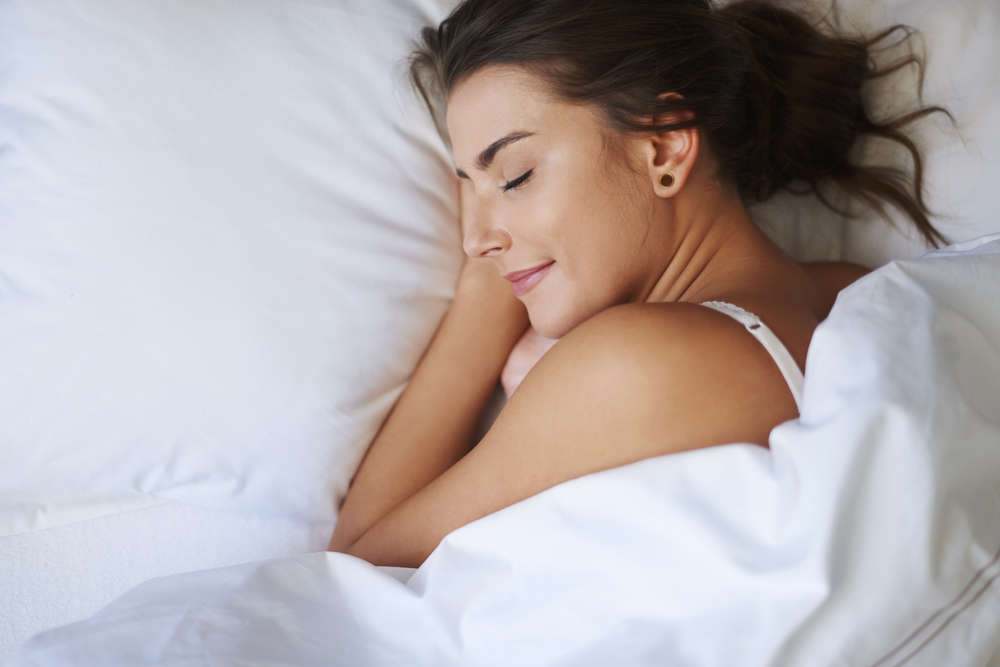Sleep matters, and not getting a good night’s sleep is more than just a frustrating inconvenience. It negatively impacts your ability to learn, solve problems and maintain emotional equilibrium. It could be making you sick. Here are some of the leading causes of poor sleep and insomnia, and what to do about them.
Airway obstruction
Sleep apnea and other respiratory conditions can negatively impact your health, ability to sleep, and ability to get into deep sleep cycles and feel rested. If you’re experiencing poor sleep, then ask a doctor to investigate the causes. Treatments could range from reducing allergens in the bedroom, wearables to improve airways, or machines to provide better oxygen intake during sleep.
Poor environment
Your space may be preventing you from getting a good night’s rest. If you’re not aware of any one thing that’s stopping you sleeping, then try a process of elimination. However, most people are well aware of the barriers to sleep. Noise is a common complaint, whether it’s a snoring spouse, noisy neighbors or a busy urban environment. Try earplugs or a white noise machine or app, which drowns out background noise. If light is a problem, then blackout drapes or an eye mask are functional options. The blue light of digital devices is another, less frequently perceived barrier to sleep. Some devices now have a yellow light filter or night mode available – switch to this at sunset for better sleep.
Bad bedding
If you don’t have the right type of mattress, pillow, sheets or blanket for your needs, then this could be getting in the way of your sleep. There are several reasons why you could be waking up sweating, including a health problem and inadequate weatherproofing. Look for a mattress with the correct degree of firmness for your style of sleep and body, and opt for a mattress or topper that won’t make you sweaty and overheated. Some memory foam mattresses can cause you to overheat, so opt for one that explicitly speaks to temperature maintenance with a cooling or otherwise specialized surface. Silk or linen sheets on the higher end, and rayon on the more accessible end, are good for breathability and keeping cool at night. Silk-fill comforters or wool blankets are also great for helping you maintain a comfortable temperature.
Substance use
What you eat or drink before bed can influence your sleep. Caffeine has a much longer half-life than you think, so try cutting yourself off earlier in the day. Eating too close to bedtime can raise your body temperature and prevent sleep. Drinking alcohol may make you sleepy in the short term but will interfere with sleep cycles and interrupt your sleep. Try a process of elimination to rule out any food or drink interfering with sleep.
The first step to getting a good night’s sleep is identifying what’s getting in the way of your sleep. Rule out health concerns with a visit to the doctor and exploratory testing. Optimize your environment by removing or neutralizing barriers. Consider changing your bedding, and examine your eating and drinking habits for possible culprits. Better sleep means better health and better performance – you owe it to yourself to make it a priority.
